According to HubSpot, the top challenge for most marketers is generating traffic and leads.
Keyword matches have long been the standard method for directing traffic toward any website.
If you want to drive traffic and leads, you might think that keywords are the first thing to optimize.
Some have said that keywords have been dying for years and that paid audiences will take their place.
But are keywords actually dying?
For quite some time now, keywords have allowed marketers to reach consumers searching for the services or products that they are selling.
And long-tail keywords are still the foundation for any solid SEO campaign.
In fact, 70% of all web searches contain long-tail keywords.
However, audiences provide additional value that keywords can’t. Namely, they let advertisers reach the right people at the right time with the exact message they need to see.
Keywords are helpful when it comes to determining interest and intent, but the customization options don’t even come close to the possibilities that paid audiences provide.
Here are nine reasons why paid audiences might replace keywords in the near future.
Let’s start by looking at how they help you create buyer personas.
1. Buyer personas are more personal
If you use paid audiences, you’ll gain valuable insight into buyer personas that keywords can’t provide.
You can then use these buyer personas to create more tailored and targeted ads in the future.
One thing that keywords and paid audiences have in common is that they both allow marketers to target customers.
Audience targeting makes it easy to reach the exact demographic of the customer that you’re hoping to lock in.
So you can reach a collective group of people who would be most interested in buying from you.
Keyword targeting, on the other hand, takes this a step further. It makes things more individualized and specific instead of making large assumptions about a group of people.
When someone searches for a keyword that you’re targeting, you already know what their intent is (which I’ll talk about in the next section).
But the downside is that demographics like age, gender, income, or location are a bit less important with keywords than they are with audiences. This might limit your success.
You can also segment audiences and build buyer personas based on the stage of life someone is currently in.
For example, you could create a campaign relating to getting married or having a baby and then target it at a custom audience with the purchase behavior that matches those life stages.
Your ad might look something like this:
You can also do the same thing with customers in the stage of life where they may be in college or heading there soon.
You could offer them a student discount like Spotify does.
Additionally, you can create buyer personas based on previous shopping data.
For example, if a certain number of your customers recently purchased a tablet, try to sell them accessories for it (like a case) in a targeted ad.
Amazon does this all the time with suggested products.
Segmenting buyer personas by the type of shopper (shopping habits) is another option.
For example, some of your customers might be bargain hunters, while others may be luxury shoppers.
Bargain hunters will probably respond better to promotions, discounts, sales, and exclusive deals. Be sure to target these campaigns toward this type of buyer.
Luxury shoppers love premium products, so try and market your services or products in a way that highlights all the features that they have to offer.
Invest in high-quality imagery and design that showcases what you’re selling in the best light only. No pun intended.
On the flipside, keywords are concerned less about who a person is, what they’re interested in, and where they’re from. They’re designed to target the fact that the searcher is individually interested in a product, service, or topic.
That limits how you can re-engage and track customers later on.
And that brings me to my next point.
2. Keywords only capture intent
When you use search and you’re wanting to buy, you’ll probably cut to the chase right away.
For example, if you want to purchase an iPhone X, you might simply Google “buy iPhone X.”
When you type this into the search bar, you’re probably already pretty far into the buyer’s journey.
If you weren’t ready to make a purchase just yet, you might have searched something like “iPhone features” or “iPhone reviews” instead to decide if the product is a good fit for you.
No matter the purchasing stage you’re in or which search query you look for, the search results will probably match the intent of what you enter.
Keywords have three different forms of intent:
- Informational: The user needs more information about a topic, service, product, etc.
- Navigational: The user wants to find a specific item or website.
- Transactional: The user is ready to download or buy an item.
With audience targeting, you combine search intent and the knowledge you’ve collected about the user to create a more personalized experience.
Paid audiences allow you to build a relationship with consumers, not just sell to them when they’re ready and hope that they find you instead of the competition.
Plus, if you don’t use keywords correctly to match the searcher’s intent, your rankings might tank.
3. Keywords can hurt your rankings (if you use them incorrectly)
Audience targeting is all about assumptions and observations based on data.
Keyword targeting, on the other hand, isn’t always. Some people try to bid for keywords that may not even relate to the content of their pages or match a searcher’s intent.
This is called keyword stuffing. Here’s Google’s example of what it might look like on a web page:
Therefore, if you don’t use keywords in the right way, or if you fail to try to rank for the ones relevant to your web pages, your rankings will probably suffer.
For example, say you Google “how to paint concrete floors.”
In this case, the top results are shopping suggestions for paint that don’t answer the question.
Instead, businesses are trying to sell you paint right off the bat rather than giving you the help you’re looking for.
Although these results show up on the first page right now, they might not for much longer if people aren’t actually clicking on them.
Even worse, if you click off of a site after realizing it doesn’t contain the information you wanted from a search, you’re increasing that page’s bounce rate.
That’s bad news for your business because Google doesn’t like pages with high bounce rates. They signal that the content on your page must be bad or irrelevant.
As a result, the site’s domain authority could suffer pretty significantly if enough people bounce.
For example, take a look at this additional search result from the first page:
It seems pretty contextual in relation to the search “how to paint concrete floors,” right? I thought it would take me to an article that would give me the results I wanted.
But after I clicked on the link, it took me to another search site.
So I clicked off of it instantaneously.
Trying to rank for keywords just for the sake of ranking for them can do more harm than good.
And aside from the high bounce rate and lowered rankings, your brand might appear untrustworthy to users if you aren’t careful when using keywords.
For that reason, there is a lot more value in audiences than there is in keywords.
4. Audience engagement is more valuable
SEO traffic is only effective if your traffic cares about the content or products on your site.
If people aren’t actually engaging with your web pages, they’re not really helping your business.
In fact, digital publishers find traffic stats to be least important when it comes to defining engagement.
And the majority of keywords only drive up traffic stats like views and visitors.
An audience, on the other hand, will do a whole lot more than just view your website. They’ll actually engage with it (and you) because they follow and trust your company.
That engagement is more valuable than keyword traffic because your audience will essentially do your marketing for you when they share posts about your brand.
With that in mind, audiences do more than just boost engagement. They’ll remain loyal to you. That means that the value they bring isn’t short-lived.
5. Audiences are loyal
When it comes to keywords, people will only end up on your pages because Google directed them over to you.
But that doesn’t mean they’re going to stay there.
If they aren’t immediately in love with what they see, then their visit didn’t do you any good.
Direct visitors, on the other hand, are the most loyal to your site. That’s true even if your site is small. They know you and love you.
Those direct visits are likely to come from targeted audiences who have been in a relationship with your company for a while.
Think about it like your social media followers. When you tweet or post to Facebook, your followers will see messages from you in their feed.
Then, they’ll like, comment, and share it. Unless you post something offensive, they’ll have no reason to unfollow you.
Audiences work in the same way.
They found your brand through targeted ads, and they probably aren’t going to stop engaging with you in one way or another unless you give them a reason to.
Audiences are also usually much less expensive than keywords.
6. Audiences cost less
Trying to find new customers through SEO traffic is more expensive than building up a loyal audience.
Like I said before, once a customer loves you, they’re very unlikely to change their mind.
That’s probably the reason that it’s five times more expensive to acquire one new customer than it is to retain an existing one.
If you focus on pleasing and building the audience that you already have instead of trying to attract new customers, your ROI will be much higher.
If you create audiences with remarketing lists, you can optimize audiences for all they’re worth.
7. You can retarget audiences with RLSAs
Custom audiences in combination with search campaigns can boost your paid search performance.
You can do this by using remarketing lists for search ads (RLSAs) on AdWords.
Just create a custom audience with a remarketing tag and install it within the backend of all of your site’s pages.
To give this a try, head to the “Audiences” section under the Shared library on AdWords.
Once you’re there, click “+ Remarketing List.”
Then, create your remarketing list.
Before you create custom audiences, you should first decide how to segment your visitors.
For example, you might want to retarget users who visited a “Contact Us” page and didn’t convert. Or, you could retarget users who abandoned their shopping carts.
Once you’ve defined and created a remarketing list, apply the audiences to your ad groups or set up a campaign that you specifically design for RLSA.
8. Keywords rely on audiences
Keywords aren’t dead, but they do go hand-in-hand with audiences.
You should think of them as something that can complement your paid-audience efforts.
Midas Media recently completed a Google Shopping case study in which they optimized Google Shopping for a whopping 192% increase in revenue (in just 180 days).
And they largely owe their success to their strategy of focusing on audiences.
They started by layering audiences out by priority like regions, devices, or recent visitors. That way, the most responsive audiences receive priority.
Then, they produced 24/7 keyword-bid schedules that look something like this:
That way, no portion of their AdWords budget went to waste.
The numbers speak for themselves. Their focus on audiences clearly paid off.
As long as search exists, keyword targeting will, too.
When you combine keyword bidding with paid-audience demographics, you’ll likely see the best results in driving up traffic and engagement.
For example, if your customers like to fish, add keywords that relate to fishing or being outdoors.
Then, AdWords will find relevant sites that use the keywords you want to rank for, along with audiences that are interested in those keywords.
Pick keywords that will appeal to entire audiences, not just one ad.
Now, remember how I said that as long as search exists, keyword targeting will, too? Well, Internet of Things (IoT) devices might change that.
9. IoT devices could change search
IoT devices are devices connected to the web like cars, wearable tech, healthcare machines, cars, refrigerators, washers, dryers, toys, and more.
These devices could kill keywords as we know them and change search as a whole.
And the IoT market is going to become massive by 2025. Some have predicted that it will become a $75.44 billion company by then.
Because of this, search engines (as we know them) may not be the powerhouses of the future that they are today.
Devices like Amazon’s Alexa use some level of search, and they even offer rankings. But they pull traffic away from the experience of traditional search bars.
With Alexa results, you can’t see any pages or have as much control over the results you receive.
Plus, you won’t have to ask Google where to buy products anymore if you can just ask Alexa.
However, the possibility of the IoT takeover is still a long ways off.
We still use computers, tablets, and mobile devices to search more often than asking our IoT refrigerator where to find cheap motels.
And there are tons of security issues with most IoT devices, which will keep them from threatening traditional keywords too much until those flaws are under control.
Conclusion
People have been saying for years that keywords are dead, but that isn’t exactly true. At least, it isn’t true yet.
However, paid audiences might replace them soon.
The buyer personas that are possible to build through paid audiences make them more personal than traditional keywords. You can segment audiences by age, location, life stages, shopping habits, and more.
Remember that keywords only capture a buyer’s intent, and they can hurt your rankings if you use them wrong. Never stuff your web pages full of random keywords.
Audience engagement is more valuable than keywords because your audience will do a lot of your marketing for you by talking about your brand online and in person.
Audiences are usually loyal to the brands they love, too. Your investment in them comes with a long-term payoff that you are unlikely to lose unless your audience experiences bad customer service or your brand experiences some sort of scandal.
Paid audiences cost less, too. It’s five times more expensive to find a new customer than to engage with an existing one already in your audience. Talk about savings!
Plus, you can retarget audiences with RLSAs. Keywords also rely on audiences to create optimal ad campaigns.
As long as search still exists, keywords will too. But IoT devices could change the world of search in the coming years.
For now, keywords coexist with audiences. But be ready: paid audiences might replace keywords in the near future.
Which advantages of paid audiences provide the biggest benefits for your business?

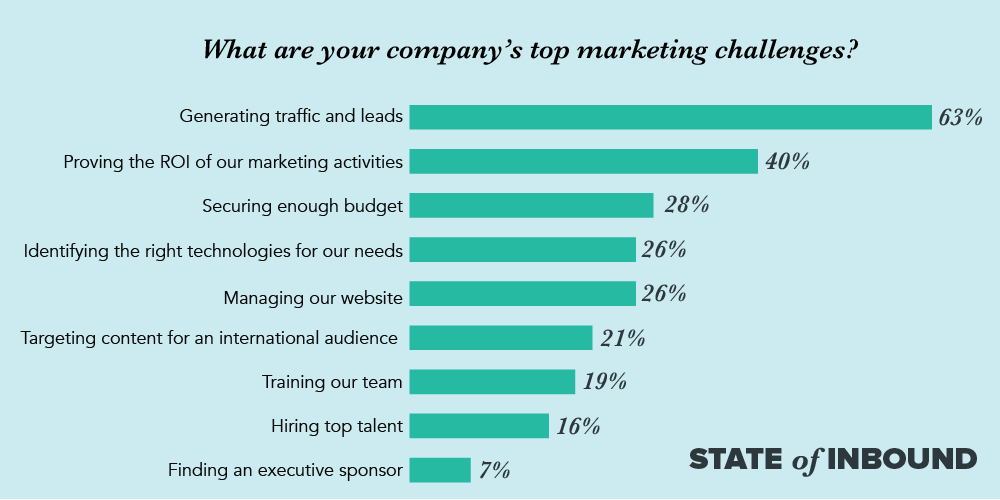
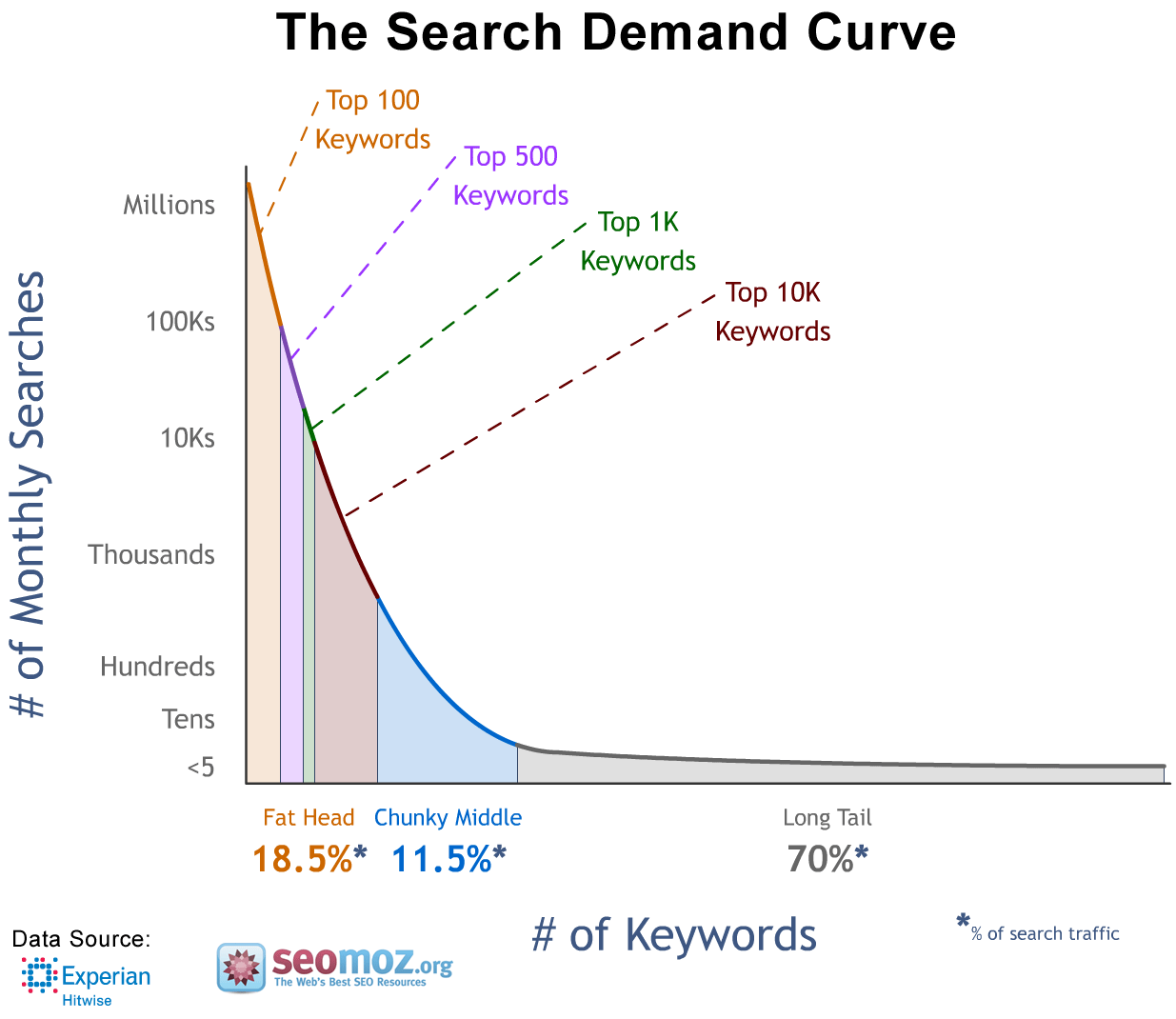
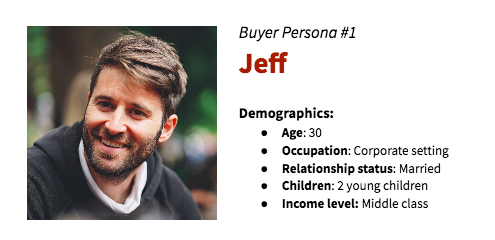
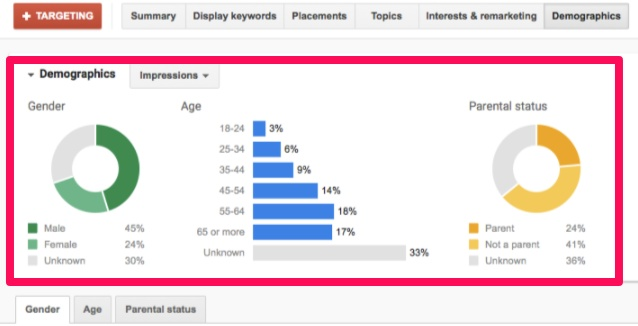
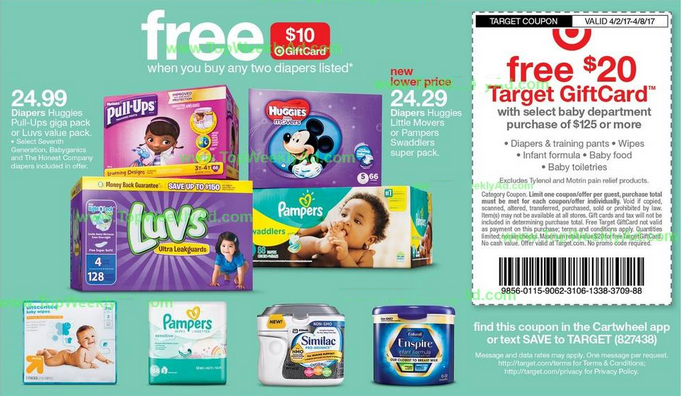
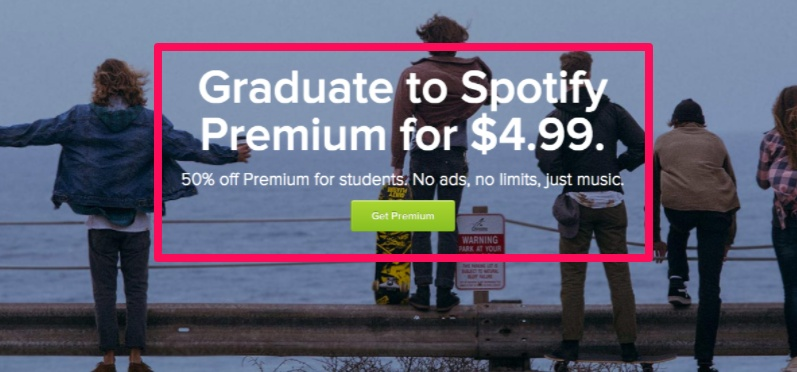
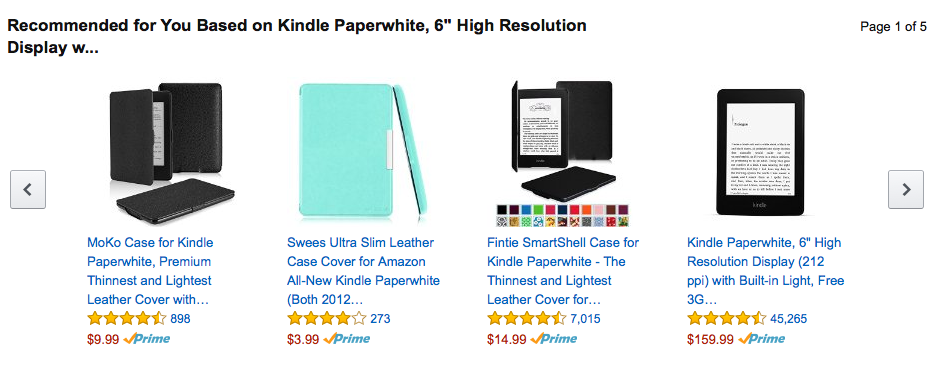

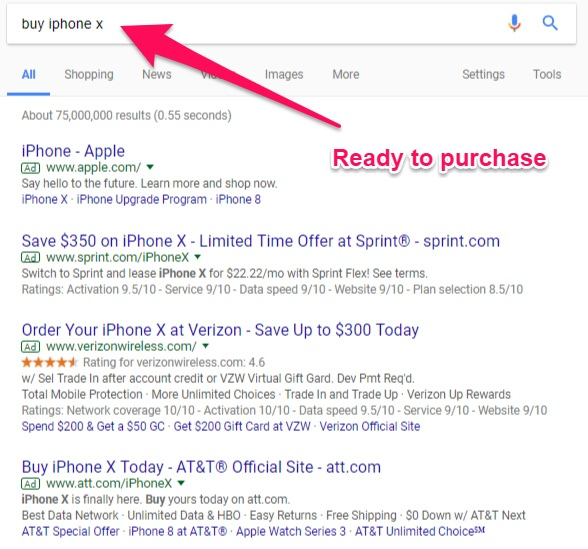
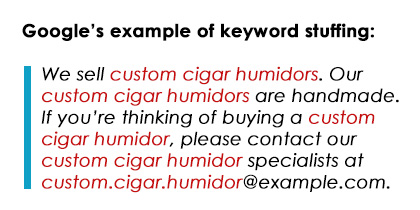
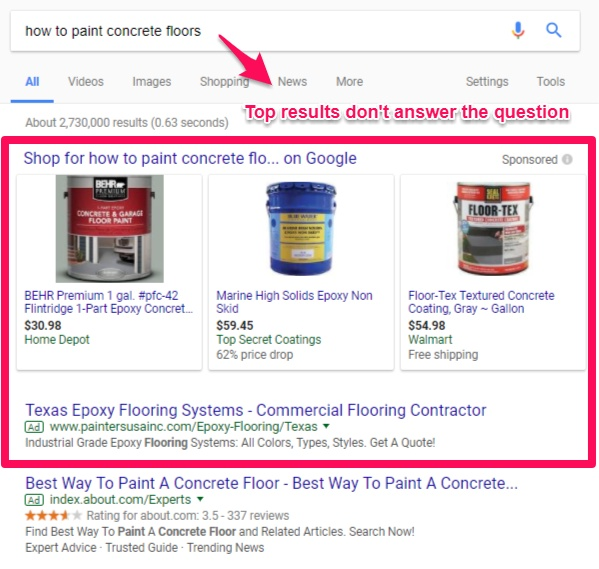

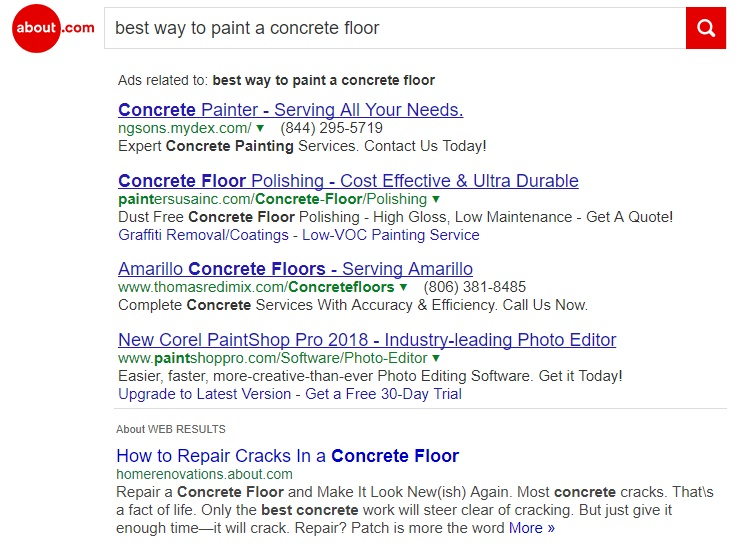
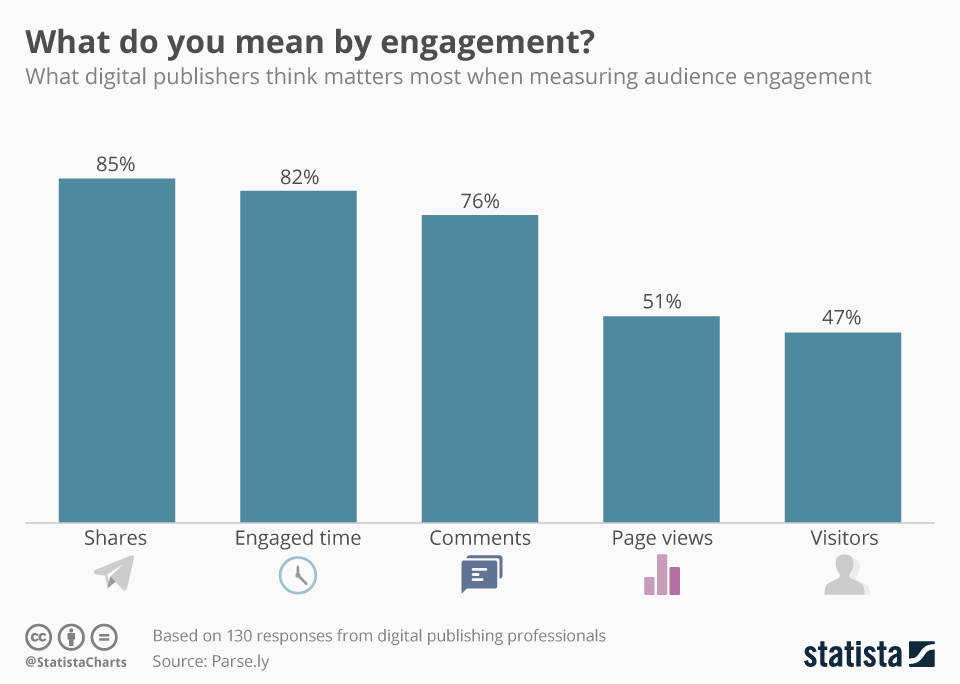
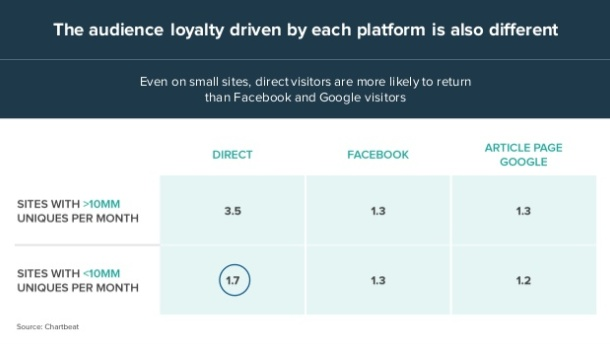
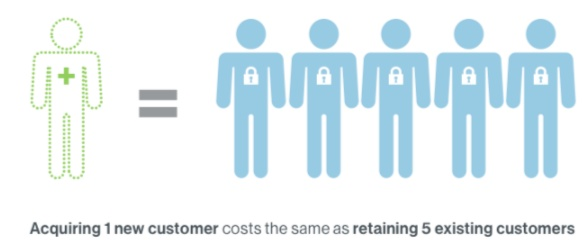
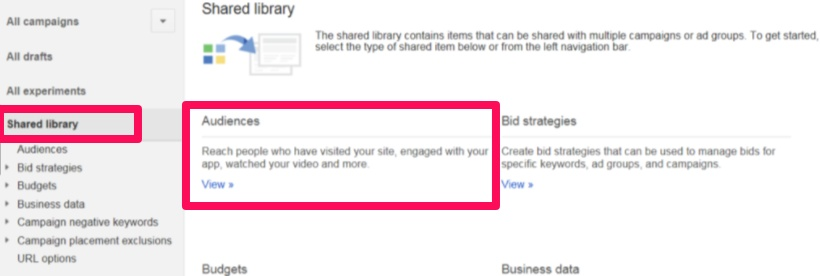
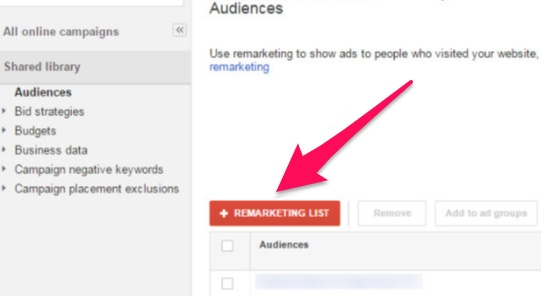
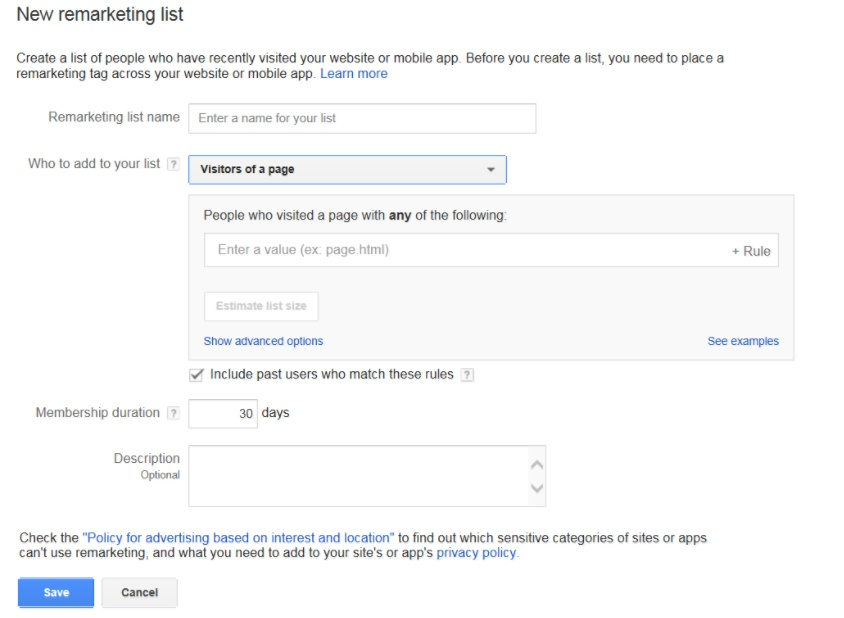
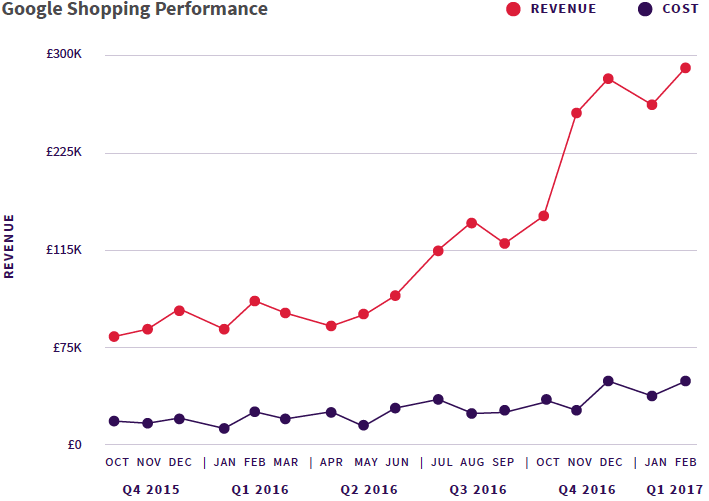
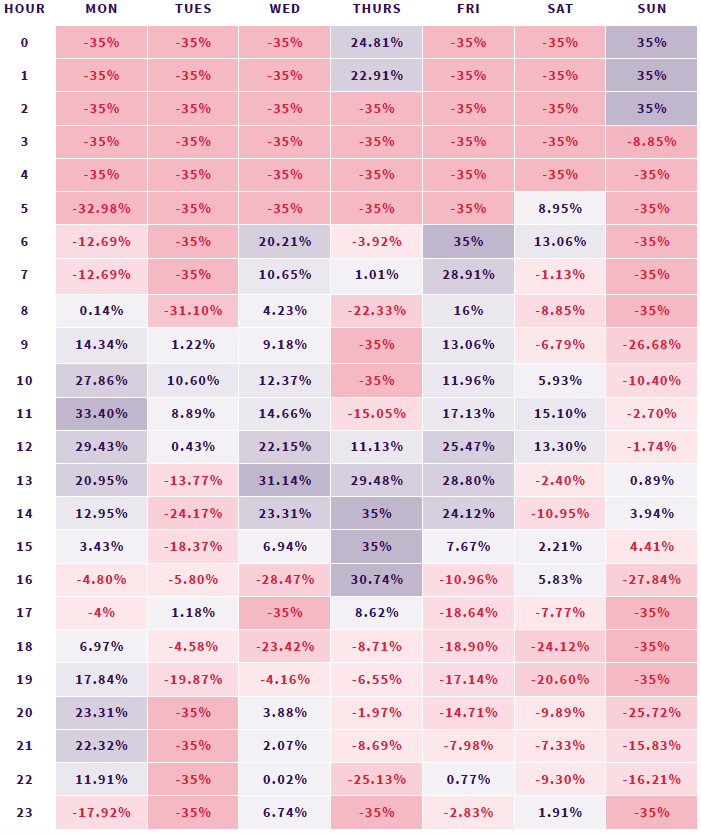
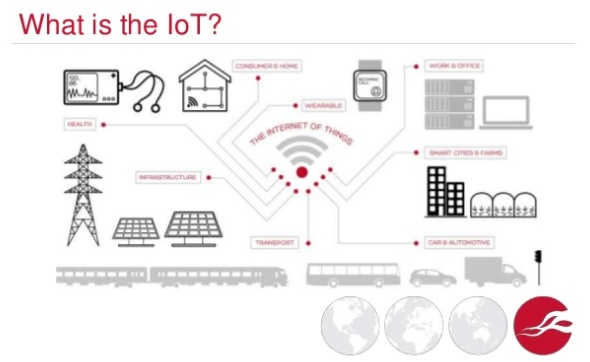
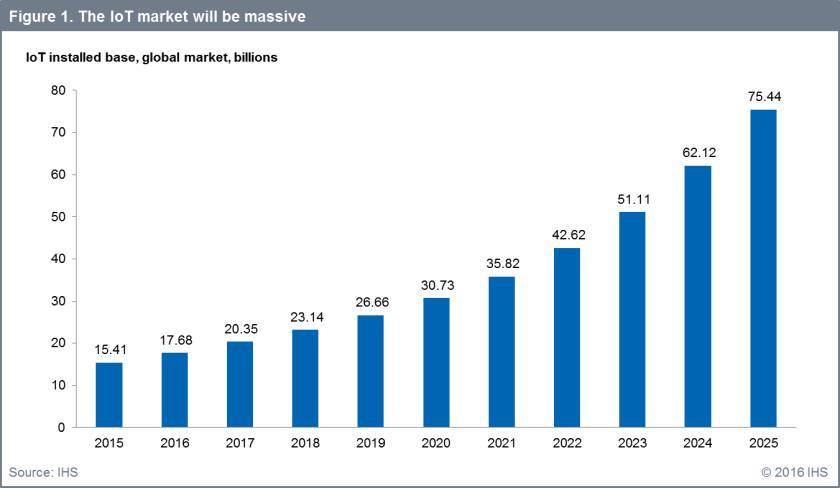
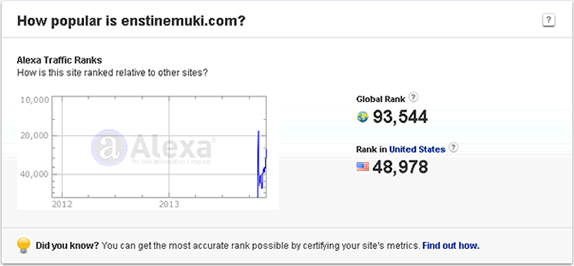
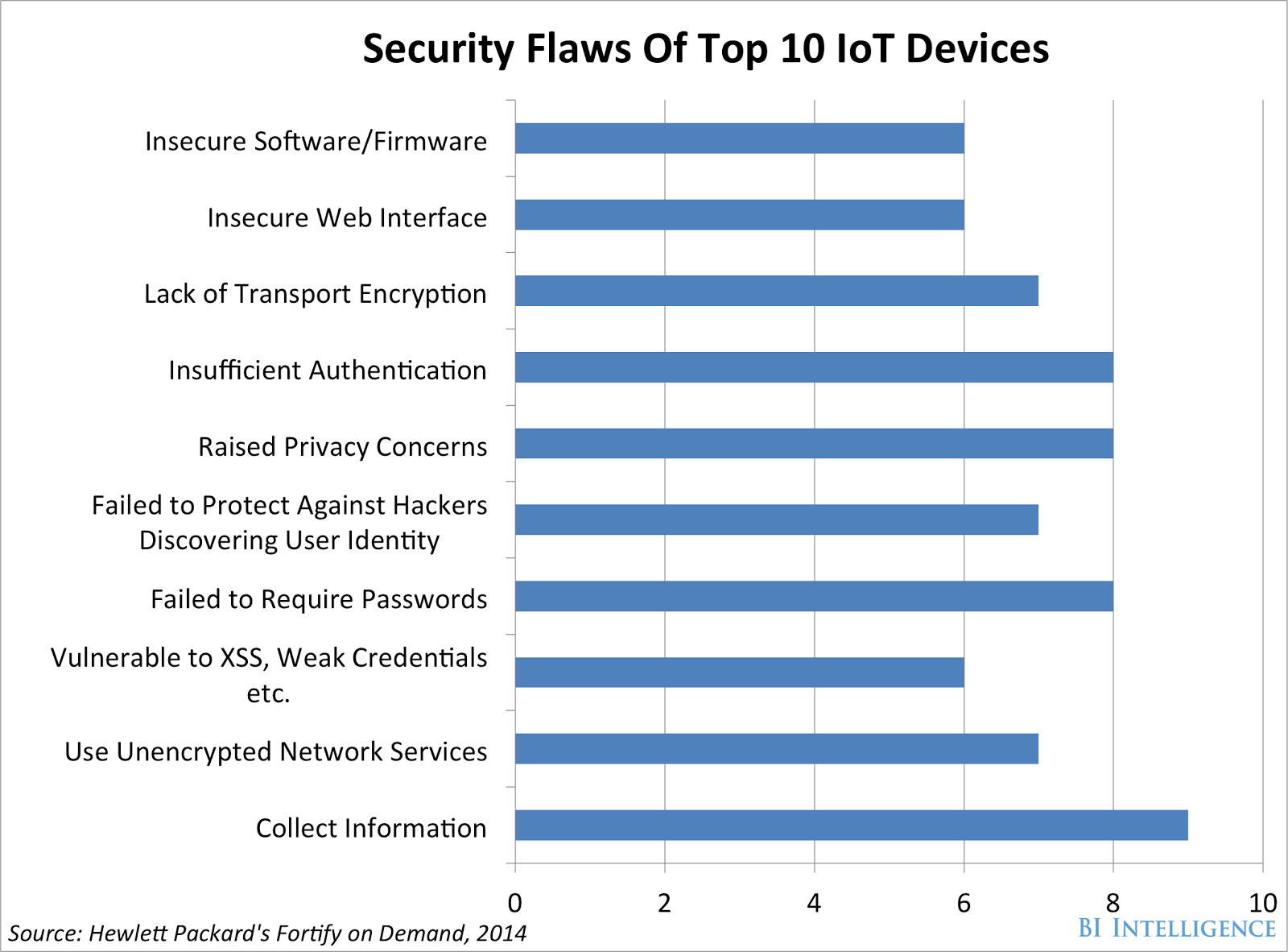
Comments (10)